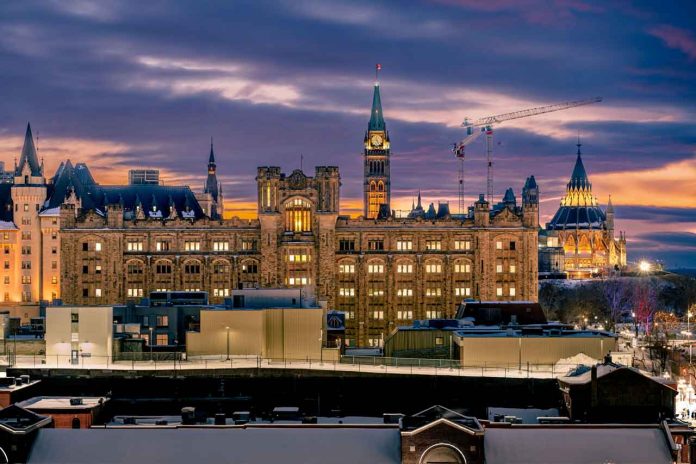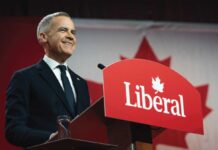In a move that has flown under the radar of mainstream political discourse, the Liberal government has proposed a seemingly innocuous yet potentially impactful amendment to the Elections Act. This amendment, a part of a broader package of proposed changes, aims to adjust the date of Canada’s next federal election, with profound implications for parliamentary pensions and, by extension, political representation in Thunder Bay and beyond.
Amending the Elections Act: A Critical Timing Change
Under current electoral law, Canada is slated for its mandatory general election on October 20, 2025. However, the proposed revision seeks to shift this date to October 27, 2025. This one-week adjustment may appear minor at first glance but carries significant consequences for a specific group of MPs.
The Intersection of Diwali and Canadian Politics
The official rationale behind this change is to prevent the election from coinciding with Diwali, the Hindu festival of lights celebrated over five days. While respecting cultural holidays is a commendable objective, the timing shift inadvertently ensures that several MPs, primarily from the NDP and Liberal parties, surpass the six-year mark in office. This milestone is crucial for qualifying for the lucrative lifetime parliamentary pension, accessible as early as age 55.
Notable figures poised to benefit include Environment Minister Steven Guilbeault, Treasury Board President Anita Anand, and NDP MPs Heather McPherson and Matthew Green, alongside others like Jaime Battiste and Jenica Atwin. These individuals, facing uncertain prospects in the 2025 elections, find an unexpected safety net in this legislative tweak.
Implications for Thunder Bay’s Representation
For Thunder Bay, the implications of this amendment transcend the immediate financial benefits for individual MPs.
Thunder Bay Rainy River MP Marcus Powlowski was elected in 2019. Thunder Bay Superior North MP Patty Hadju was elected in 2015.
This move raises broader questions about the motivations behind electoral legislation and the prioritization of political careers over electoral integrity. This development offers a critical lens through which Thunder Bay’s electorate can evaluate the actions and incentives of federal representatives.
Furthermore, the overlap with Diwali presents an opportunity for Thunder Bay’s diverse community to engage in discussions about cultural sensitivity in politics, potentially influencing local electoral practices and celebrations.
As the political landscape adjusts to these changes, Thunder Bay’s voters and local leaders are encouraged to reflect on the intersections of cultural respect, electoral fairness, and political strategy. This amendment underscores the intricate balance between upholding democratic principles and navigating the complex terrain of Canadian politics.






